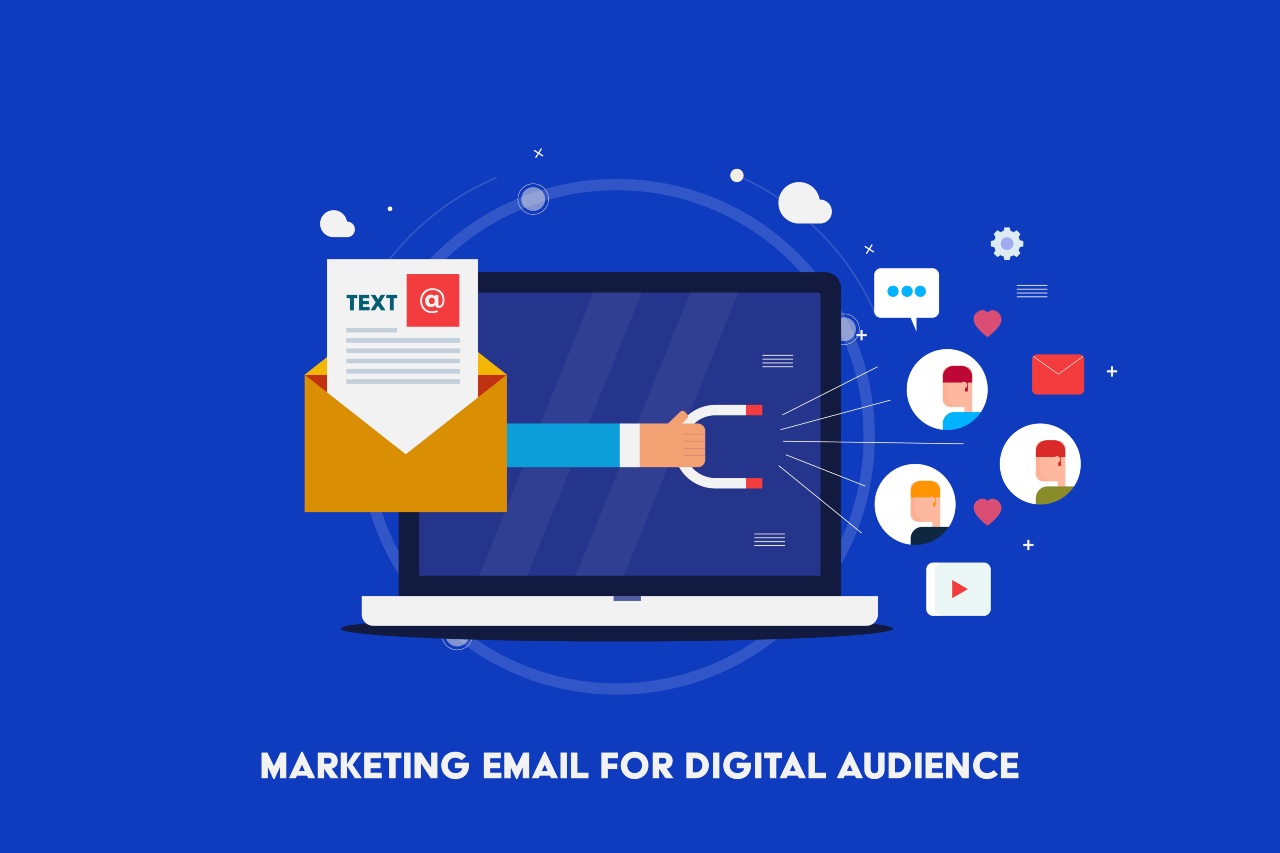
The way people search online is rapidly evolving. Traditional keyword-based searches are giving way to AI-powered engines—like Google’s Search Generative Experience (SGE), ChatGPT, Perplexity, and Gemini—which don’t just retrieve pages, but summarize, interpret, and recommend content in natural language. Here’s how to optimize your content for AI search and get discovered by the next generation of intelligent engines.
-
Тo Optimize Your Content for AI Search, Focus on Topic Authority
While traditional SEO was built on matching keywords to search intent, AI engines are context-driven. They reward topic depth and semantic relevance over shallow keyword stuffing.
Action Steps:
- Instead of targeting isolated keywords, create comprehensive content clusters that fully explore a topic.
- Use semantic keywords, LSI (Latent Semantic Indexing) terms, and natural language questions within your content.
- Build topical authority by publishing multiple interlinked articles around a specific subject.
Example: If your main topic is “sustainable fashion,” write companion pieces on “ethical fabrics,” “fast fashion’s impact,” and “eco-friendly fashion brands.”
-
Answer Questions Clearly and Completely

AI search engines aim to deliver direct, concise answers. They often pull content from pages that answer questions in plain English and with clear formatting, such as FAQs, headings, and bullet points.
Action Steps:
- Use H2 and H3 headings phrased as questions (e.g., “What is sustainable fashion?”).
- Provide direct, clear answers immediately after each question.
- Include FAQs at the bottom of blog posts using structured data if possible.
Pro Tip: Tools like ChatGPT often quote or paraphrase the clearest available answer. Your job is to make your content that best candidate.
-
Тo Optimize Your Content for AI Search, Write Like You’re Explaining to a Smart Human
AI models are trained on content written in natural, human-like language. They prefer clear, conversational tone, broken into logical sections.
Action Steps:
- Use short sentences, active voice, and clear structure.
- Avoid jargon unless your audience is technical—and when you do use complex terms, define them.
- Use analogies, lists, and examples that are contextually rich and reader-friendly.
-
Optimize for Featured Snippets and Summaries
Many AI models extract content from snippets, tables, and summaries. If your article is well-structured, it’s more likely to be cited.
Action Steps:
- Use ordered (1, 2, 3) or unordered (bulleted) lists for steps, tips, or comparisons.
- Add short summaries or key takeaways at the top or end of articles.
- Ensure your content answers the “what,” “why,” and “how” of each topic.
Tables and infographics are also great for structured extraction by AI and can boost visibility.
-
Тo Optimize Your Content for AI Search, Incorporate E-E-A-T Principles
Google’s AI systems rely heavily on E-E-A-T to assess content quality. Demonstrating real-world experience and authority is now essential.
Action Steps:
- Include author bios with credentials and links to profiles (e.g., LinkedIn).
- Cite credible sources, studies, and industry leaders.
- Share personal experience-based insights, case studies, or original data.
Tip: Use citations from trusted domains (.edu, .gov, research journals) to build trust.
-
Use Structured Data and Schema Markup

While AI understands natural language, structured data gives search engines clearer context and enables rich results.
Action Steps:
- Implement schema.org markup for articles, FAQs, reviews, and how-to guides.
- Use the FAQ schema to help search engines directly extract Q&A content.
- This not only aids discoverability in traditional SERPs but may also assist AI tools in parsing your content better.
-
Тo Optimize Your Content for AI Search, Refresh and Update Content Regularly
AI systems prioritize up-to-date information. Outdated content is less likely to be cited or ranked.
Action Steps:
- Set up a content audit calendar to update articles every 6 to 12 months.
- Add recent stats, emerging trends, or AI-related updates to maintain freshness.
Conclusion: Create for Humans, Optimize for Machines
The secret to AI search optimization lies in the synergy between helpful content and technical clarity. By focusing on clear answers, semantic depth, topical authority, and structured formatting, your content becomes not only SEO-friendly but AI-recommendation-ready.
The future of search is here—and it’s intelligent. Make sure your content is too.
In the meantime, if you decide to use some extra help for your content marketing, feel free to contact us and learn more about our digital marketing services. You can find more information at Sylably.com or on our flagship Facebook page.
You may also like: Here’s How AI Can Improve Your Digital Marketing Efforts
Did you like this article?
If you found this article helpful, please share with your friends, family, and colleagues who might also be interested in digital marketing services.
We would also love to hear your opinion, thoughts, and advice! Please leave your comments in the box below.
Thank you!











